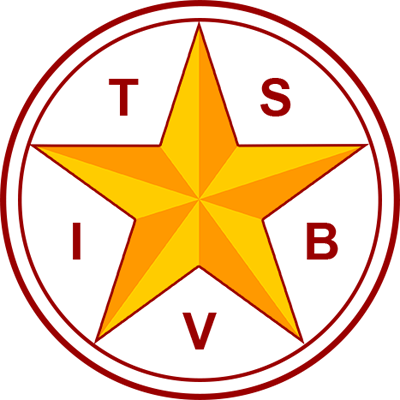Experiencing Employment through Summer Work-based Learning Programs
Authors: Kevin Markel, Program Specialist for Pre-ETS, Texas Workforce Commission
Keywords: Vocational Rehabilitation, disability, Texas Workforce Commission, Workforce Innovation and Opportunity Act, pre-employment transition services, work-based learning, Summer Earn and Learn, WACO, SWEEP, SWEAT, WALIC.
For students with disabilities and their families, achieving meaningful, long-term employment is one of the primary goals for post-school life. This goal is also shared by the education and vocational rehabilitation professionals who partner with them.
The Workforce Innovation and Opportunity Act (WIOA) requires vocational rehabilitation programs, such as the Texas Workforce Commission Vocational Rehabilitation program (TWC-VR), to provide pre-employment transition services (Pre-ETS) to students with disabilities to better prepare them for a successful transition from secondary education to postsecondary education and employment. Pre-ETS activities include five services: work-based learning, counseling on post-secondary education, career exploration, workplace readiness and self-advocacy. This article will focus on work-based learning. Future articles will provide additional information on each of the other Pre-ETS required areas.
While all of the required Pre-ETS areas are important and instrumental for transitioning students with disabilities, there is an additional emphasis on the provision of work-based learning opportunities. There are numerous studies, including longitudinal studies, that point to the positive relationship between work-based learning experiences during secondary education and successful post-school employment.
Work-based learning is an instructional approach that uses the workplace or real work experiences to provide students with the knowledge and skills that will help them connect school experiences to real-life work activities and future career opportunities. It is essential that direct employer or community involvement, within an integrative setting, be a component of the experience to ensure student engagement and assist in the learning process. Work-based learning experiences vary and are tailored to the student’s needs. These activities include:
- Job Shadowing
- Career Mentorship
- Informational Interviews
- Service Learning
- Simulated Workplace Experience
- Paid and Non-Paid Work Experience
- Volunteering, and
- Internship or pre-apprenticeship experiences
In January 2017, TWC approved the Pathways to Careers Initiative to expand opportunities for Texas students with disabilities to receive Pre-ETS. This initiative compliments and advances the Tri-Agency initiative by TWC, the Texas Higher Education Coordinating Board and the Texas Education Agency (TEA), which emphasizes the importance of applied learning opportunities. These opportunities may be through internships and work experiences, ensuring that students have better information about career pathways to promote informed choices and increase the number of Texas students who complete a postsecondary degree or credential. One of these TWC work-based learning initiatives is called Summer Earn and Learn (SEAL), which is conducted in partnership with Local Workforce Development Boards (Boards) and their employer partners. SEAL combines essential employability skills training and paid work experience for students with disabilities. SEAL is offered across the state in each Board area during the summer months, for at least five weeks, when students are typically out of school. Through this program, students experience a real work environment, receive a paycheck, and learn valuable interpersonal and transferable skills that prepare them for their future success.
In its inaugural summer of 2017, the SEAL program assisted more than 1,500 students with disabilities with employability skills training and paid work experiences with a variety of Texas employers. TWC anticipates at least 2,500 students with disabilities will participate in SEAL in 2018.
Other summer work-based learning opportunities that have historically been available for students who are blind or visually impaired will also continue this summer. Those activities include SWEEP in Lubbock, the WACO Project at Texas A&M, and the SWEAT / WALIC programs at Texas School for the Blind and Visually Impaired (TSBVI).
On a personal note, as an individual who is visually impaired, I can point to the positive impact and integral role that summer jobs played in my readiness to face the world of work. Through these summer opportunities in high school and college, I had the opportunity to practice self-disclosure about my disability, understand how self-disclosure impacts my functioning, and determine which assistive devices and aids allowed me to complete certain tasks best. These opportunities also afforded me the chance to gain invaluable information on the type of work that I enjoyed and the type of work I did not enjoy, so I could make better informed career decisions during and after post-secondary training. For these reasons, and many others, we encourage students and their families to discuss the possibilities of work-based learning opportunities with their respective TWC-VR counselor.
